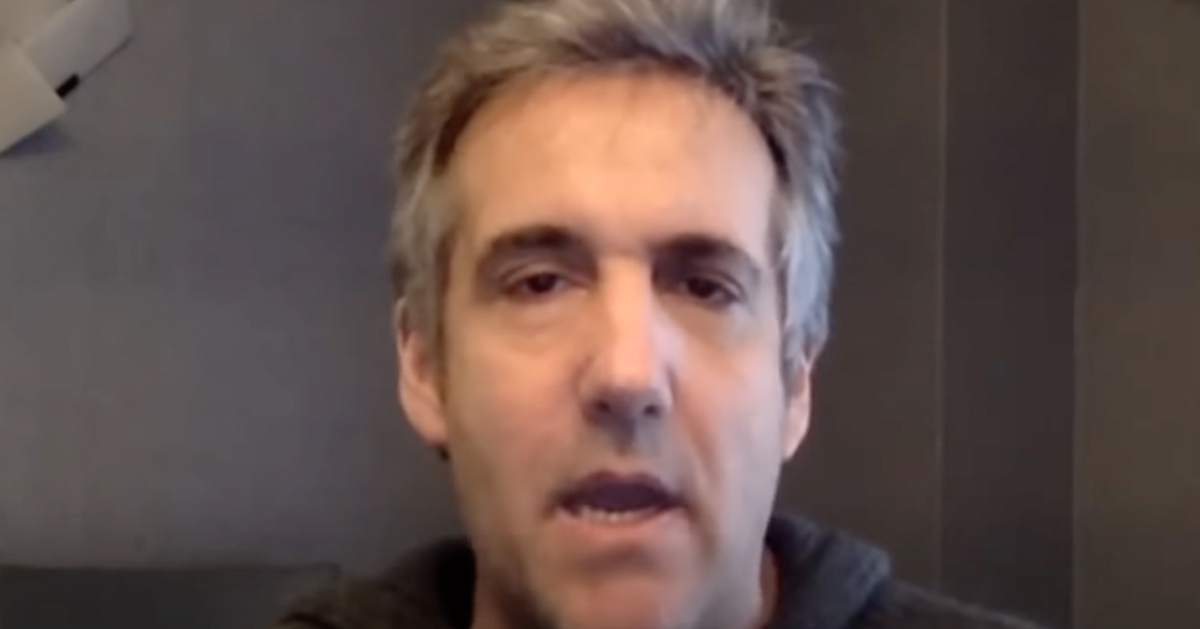House Condemns VP Harris in Bipartisan Vote Over Border Role
In a surprising bipartisan vote, the House of Representatives has passed a resolution condemning Vice President Kamala Harris for failures linked to her role in managing the U.S. southern border crisis.
This condemnation from the House highlights significant intra-party criticism as Harris gears up for the 2024 presidential election, as Fox News reports.
The resolution, which saw six Democrats side with Republicans, was passed with a final vote tally of 220-196. This move by the House marks a noteworthy moment in Harris's political career, emphasizing the ongoing challenges at the southern border.
The Democrats who voted in favor of the resolution include Reps. Jared Golden, Marie Gluesenkamp Perez, Mary Peltola, Henry Cuellar, Don Davis, and Yadira Caraveo. Their bipartisan support underlines the deep divisions within the party over border management policies.
Since 2021, when President Biden assigned Harris the task of addressing the root causes of illegal immigration, Republicans have consistently criticized her effectiveness in this role.
Intense Criticisms Lead To Legislative Condemnation
House GOP Conference Chair Elise Stefanik and House Homeland Security Committee Chairman Mark Green spearheaded the debate, pointing to what they perceive as Harris’s failures.
Stefanik accused Harris of overseeing "failed and dangerous policies," which she claims have led to a severe border crisis.
Green, echoing Stefanik's sentiments, suggested that Harris only needed to look in the mirror to find the root causes of the crisis, a poignant critique of her efforts to mitigate immigration issues.
Democrats Decry Resolution as Politically Motivated
Opposing voices from the Democratic side have labeled the resolution as a politically motivated attack, particularly given its timing ahead of the 2024 elections.
Democrat Rep. Bennie Thompson expressed concerns over the misuse of House resources, suggesting that the resolution served more as campaign material than legitimate legislative critique.
Thompson also warned that such actions might border on ethics violations, as they primarily use House proceedings to advance partisan goals.
Accusations of Campaign Strategy in Legislative Actions
The debate surrounding the resolution included severe accusations about its intent and the use of congressional resources for electoral purposes. Critics argue that the move reflects a strategic effort by Republicans to weaken Harris's image as she prepares to possibly face former President Trump in the upcoming election.
Republican Rep. Tom Emmer countered by saying that despite media efforts to alter public perception, the truth about Harris’s role and its consequences are clear to the American public. Emmer's statement underscores the deep partisan divide on this issue.
Reflection on Bipartisan Support and Future Implications
While the resolution itself does not carry legislative weight, its passage with bipartisan support could have significant implications for Harris's strategies moving forward. It reflects growing concern among some Democrats regarding the administration's border policies.
This event is particularly notable as it unfolds just before the House's August recess, with lawmakers not set to return until after Labor Day. The timing suggests a calculated move to maximize the resolution’s impact.
Conclusion: Revisiting the Bipartisan Condemnation
In conclusion, the House of Representatives' bipartisan condemnation of Vice President Kamala Harris over her border management role marks a pivotal moment in U.S. politics.
With accusations flying from both sides of the aisle, the resolution underscores the intense partisan and intra-party debates surrounding America's immigration policies.
As the political landscape gears up for the 2024 presidential election, the fallout from this resolution may influence voter perception and party strategies in the months to come.






